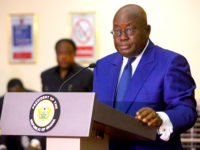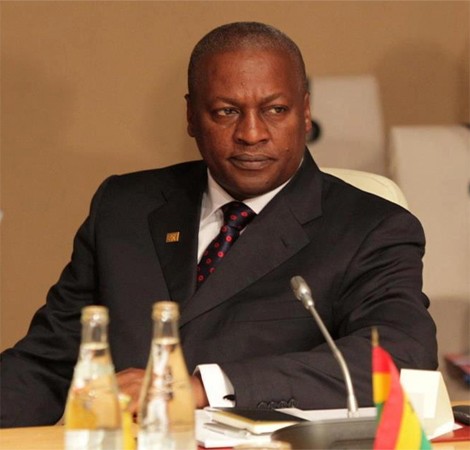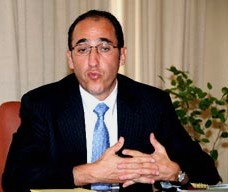 Government insists the outlook for Ghana’s economy is bright despite international Monetary Fund (IMF) recommendations for cuts in government spending and management of the country’s public debt.
Government insists the outlook for Ghana’s economy is bright despite international Monetary Fund (IMF) recommendations for cuts in government spending and management of the country’s public debt.
After first round of discussions, the IMF’s end-of-mission release posted on its website noted: “Ghana continues to face significant domestic and external vulnerabilities on the back of a large fiscal deficit, a slowdown in economic growth and rising inflation.
“…These vulnerabilities are putting Ghana’s medium-term prospects at risk. The mission estimates growth to decelerate to 4 ½ percent in 2014, from 7.1 percent in 2013, and inflation to reach an average of around 15 percent for the year.”
Led by Mr. Toujas-Bernaté, the Fund recommended a program to help place public debt on a sustainable path, whilst lowering inflation.
“A more ambitious and front loaded fiscal consolidation is needed to help place public debt on a sustainable path, and to allow monetary policy to be more effective in bringing down inflation, including by strictly limiting budget deficit financing by the Bank of Ghana.
“Front loaded adjustment should be realized through reductions in Ghana’s comparatively high public sector wage costs, the elimination of costly and untargeted subsidies for energy and petroleum products, and a better prioritization of capital spending.”
The recommendations could lead to job losses and total removal of subsidies on utilities and fuel.
But Finance Minister Seth Tekper tells Joy News many of the recommendations are already in place.
“The areas of topics where the IMF is mentioning now can be found also in our home grown policies,” he said.
He mentioned, for instance, the single spine salary payment “which we have been working on and the arrears which we have almost finished clearing”. He also cited overrun with the budget with respect to subsidy on petroleum and utility, which he said is now being taken care of by the automatic price adjustment.
Meanwhile, MP for Obuasi West, Kwaku Kwarteng says measures spelt out by the International Monetary Fund for a possible bailout programme brings into question government’s initial claims it was only going to the Fund for policy credibility.
Mr. Kwarteng says it would be interesting to find out how government would negotiate these measures.





